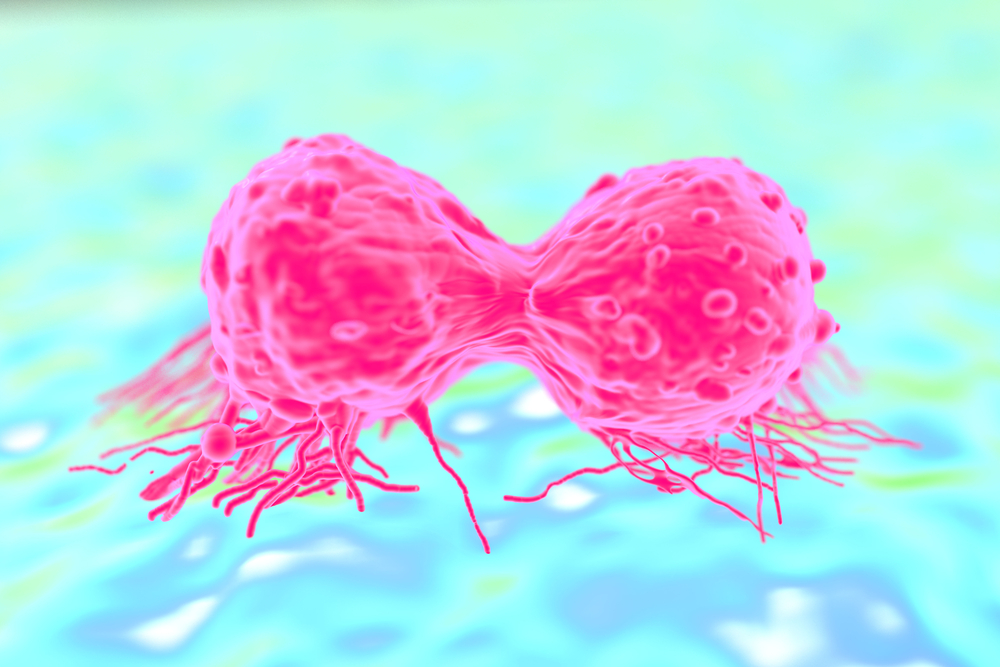Metformin reduces cancer cell energy metabolism via hexokinase inhibition
Clinical and epidemiological studies have pointed to the anti-diabetes drug metformin as a potential oncology therapy, especially for breast cancer. Initially, metformin’s effects on cancer were thought to result from its ability to reduce serum glucose availability. More recent evidence suggests it may have more direct effects on cancer cell metabolism.
Energy production by glycolysis can be as much as 50 times higher in some cancer cells, relative to healthy cells. The hexokinase enzymes that mediate glucose phosphorylation, the first step in glycolysis, are essential to that energy metabolism. Hexokinase II levels are increased in many types of cancer cells. Marini et al. set out to examine whether metformin might starve cancer cells by altering hexokinase activity.
Marini et al. demonstrate metformin effects on the hexokinase (HK) isoforms I and II in the triple-negative breast cancer cells MDA-MB-231 in vitro, with corresponding reductions in glucose metabolism and tumor growth in vivo.
Metformin treatment reduced glucose consumption in cultured breast cancer cells, with a corresponding decrease in enzyme activity of HKs I and II. Both mRNA and protein for HKs I and II persisted at normal or slightly elevated levels, supporting a direct action of metformin on HK enzyme activity. Consistent with this idea, lysates of cancer cells treated with metformin showed reduced glucose phosphorylation and increased cell death by apoptosis.
The researchers examined metformin’s effects in vivo, measuring changes in tumor volume and metabolism in mice injected with the breast cancer cells. Using a Bruker Albira positron emissions tomography (PET) imaging system, the team captured 18F-fluoro-deoxyglycose (FDG) signal over a 50-minute acquisition, imaging the full length of each animal in a single bed position thanks to Albira’s two-ring configuration. The team calculated FDG clearance in voxels of interest to estimate whole-body and tumor glucose consumption.
High-dose metformin treatment for one month reduced whole-body glucose consumption by almost one third on average, while decreasing tumor glucose use by twice that factor. The treatment had negligible effects on serum glucose levels and body weight, while substantially reducing tumor weight and volume.
MicroPET imaging on the Albira system confirmed that metformin’s in vitro inhibition of HKs I and II in cancer cells translated to in vivo reductions in glucose metabolism and tumor growth. The authors conclude that HK inhibition contributes to metformin’s promising anti-cancer activity.
Direct inhibition of hexokinase activity by metformin at least partially impairs glucose metabolism and tumor growth in experimental breast cancer.
Marini C, Salani B, Massollo M, Amaro A, Esposito AI, Orengo AM, Capitanio S, Emionite L, Riondato M, Bottoni G, Massara C, Boccardo S, Fabbi M, Campi C, Ravera S, Angelini G, Morbelli S, Cilli M, Cordera R, Truini M, Maggi D, Pfeffer U, Sambuceti G.
Cell Cycle. 2013 Nov 15;12(22):3490-9. PubMed Central: PMC3906335.
